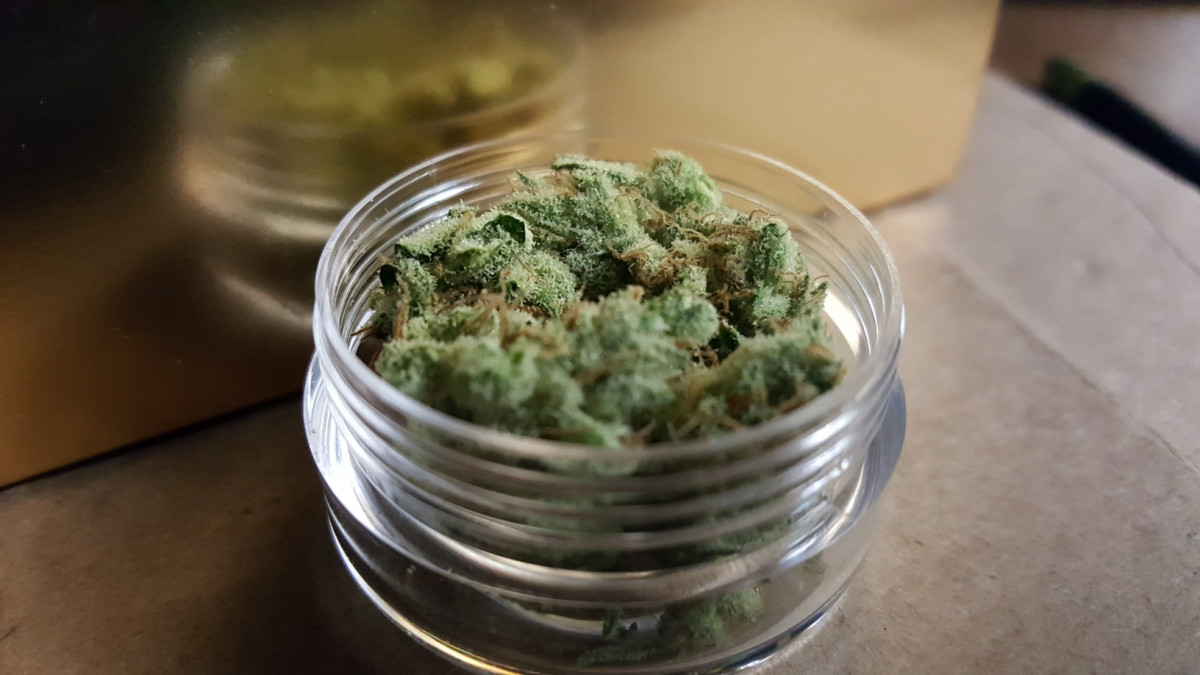
It’s no secret that cannabis can help you relax, but as for how that process works, things are a little murky, especially for the average Joe. But new research is starting to shed light on exactly how stress is triggered in the brain—and how cannabis, or a treatment derived from it, could help alleviate it. In a new study published in the journal Neuron, researchers at Vanderbilt University zeroed in a neural pathway in the brain that causes stress. According to a Vanderbilt press release, the researchers explored how a neurotransmitter molecule called 2-AG activates the same receptors as marijuana does, and discovered that it can ward off stress by interrupting the connection between two regions of the brain.
The study was done on mice, and the researchers focused on a neurological “circuit” in the brain that links the amygdala and the prefrontal cortex. They showed that when the mice were under stress, the circuit between the two regions is activated. That link is associated with “anxiety-related behaviors,” the press release states, and as stress builds, the link between the two regions becomes stronger.
“As people or animals are exposed to stress and get more anxious, these two brain areas glue together,” said Sachin Patel, the paper’s corresponding author, “and their activity grows stronger together.”
To further understand how this neurological mechanism works, the researchers assessed a molecule called 2-AG. It’s an endocannabinoid, a class of neurotransmitters that assists in a wide range of bodily functions. The 2-AG molecule blocks the circuit between the amygdala and the prefrontal cortex by binding to receptors, which in turn reduces stress. The researchers posit that a breakdown in 2-AG signaling could be a root cause of chronic anxiety. If the molecule isn’t produced by the brain to interrupt the amygdala-prefrontal cortex circuit, the connection becomes stronger and anxiety symptoms may not dissipate like they’re supposed to.
“We don’t know how or why this cannabinoid signaling system disappears or disintegrates in response to stress,” Patel said.
That’s where cannabis comes in. Since it contains a compound the binds to the same receptors as 2-AG does, it also interrupts the same amygdala-prefrontal cortex circuit. By showing how the molecule affects stress levels, the researchers may have discovered a new way to treat chronic anxiety and stress disorders—an endocannabinoid supplement, for example, might help restore normal brain chemistry. But more research is needed to really nail down how 2-AG works and what causes it to disappear in some people.
“Understanding what’s causing that compromise, what causes the signaling system to return after a few days, and many other questions about the molecular mechanisms by which this is happening are things we’re interested in following up on,” Patel said.
Comments are closed.